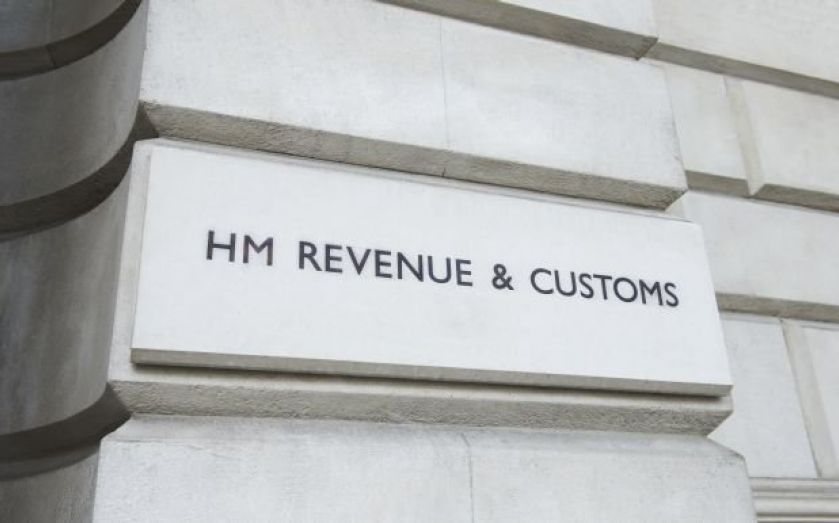| Updated:
MPs tell HRMC to speed up tax avoidance investigations after Liberty scheme failures

MPs have criticised HM Revenue & Customs (HMRC) for being “unacceptably slow” at taking action against tax avoidance in the UK.
The public accounts committee said the government department for tax collection had failed to look into the taxes of many of those involved in the "Liberty" scheme within the given time period of 12 months, and this had resulted in as much as £10m that could no longer be recovered.
Under the scheme, tax losses were created for investors in such a way that they could be offset against other incomes. Singer Katie Melua, George Michael and Gary Barlow were among those who took part, and it is estimated that the operation sheltered as much as £1.2bn from the Treasury.
Margaret Hodge, chair of the committee, said: “HMRC must do more, faster. It should report on the progress it has achieved by using new powers granted by parliament to tackle tax avoidance and show it is using its existing powers with sufficient urgency.”
She added that even though the scheme was closed in 2009, the HMRC's slow pace has resulted in the case only being taken to tribunal this year.
“This may be just the tip of the iceberg… Although HMRC says Liberty was an exceptional case among the 750,000 personal tax return inquiries each year, it was unable to tell us how much delays had cost across the different tax avoidance schemes.”
MPs have called on HMRC to use its new powers, granted by parliament, to put more effort into tackling tax avoidance. In particular, they say more can be done to target companies.
"Some international tax experts believe the UK's tests for companies to gain tax residency are less rigorous than in other EU jurisdictions,” Hodge said.
"Research into seven companies who have recently relocated to the UK for tax purposes showed very little inward investment was generated or jobs created in the UK in return for the tax benefits the companies receive.
"HM Treasury and HMRC should provide the committee with details of progress in identifying and addressing the ways international tax structures are exploited, and set out the actual costs and benefits of recent changes to the UK's tax regime."